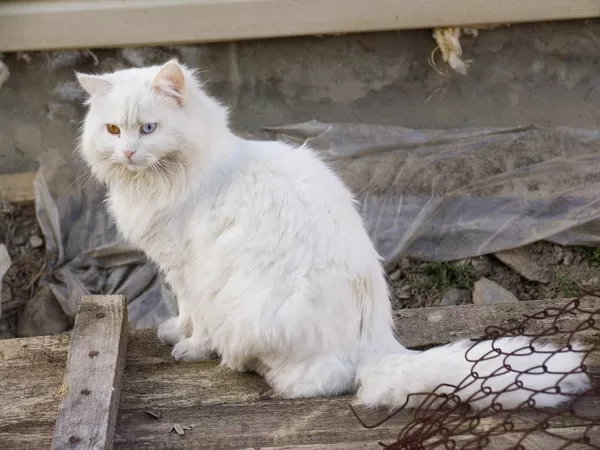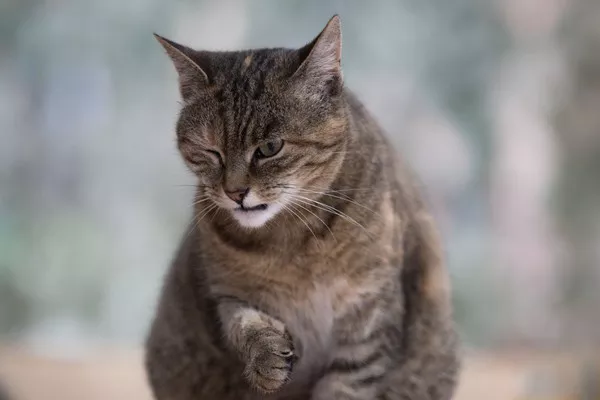DELTA, Ohio — Compassionate Care Sanctuary, a local nonprofit dedicated to rescuing and caring for stray and feral cats, is seeking community assistance to manage the increasing number of unspayed and unneutered cats and kittens in the area.
With an estimated 60 million stray and feral cats across the United States, northwest Ohio is not immune to this issue. Compassionate Care Sanctuary has been at the forefront of efforts to reduce the population of these “community cats” through rescue, adoption, and a trap-neuter-return (TNR) program.
However, Jennifer Pershing, the founder of the sanctuary, notes that the organization is facing financial challenges. The cost of caring for these animals, particularly through the TNR program, has put a significant strain on their resources.
One of the sanctuary’s dedicated volunteers, Angie Ziegler, has been involved with the organization for two years. Drawn by its mission, Ziegler has become deeply invested in the cause, even fostering multiple cats in her own home.
“I started as a volunteer, and it quickly led to fostering. Now, I’m fostering a lot,” Ziegler shared. “I’ve gotten hooked on it.”
Currently, Ziegler is fostering five cats, part of the more than 40 cats under the sanctuary’s care. Pershing emphasized the urgent need for adoptions, with at least 16 cats ready to find their forever homes. Despite their best efforts, the sanctuary is operating beyond its capacity.
“We recently took in two more sanctuary cats that were in foster care but couldn’t be adopted,” Pershing explained. “We are way beyond our capacity.”
The TNR program, while effective in controlling cat colonies, is a labor-intensive and costly process. These colonies consist of female cats and their offspring, and without intervention, their numbers can quickly spiral out of control.
“By the time a cat has kittens, those kittens can have more kittens within the year,” Ziegler noted. “This is a problem that’s out of control, and it will only get worse unless we all do our part.”
The idea of turning these cats into barn cats has been considered, but Pershing pointed out that there are already too many cats, and local farmers no longer have a need for more.
As the sanctuary struggles to keep up, Pershing and Ziegler are urging the community to step in. Without additional support, the sanctuary’s efforts to manage the feral cat population may falter, allowing the problem to grow unchecked.
“Donations of any kind—whether cash, cat food, litter, cleaning supplies, or pet pads—would make a huge difference to us,” Ziegler said. “This issue is bigger than us, and we need all the help we can get.”
Related Topics
























